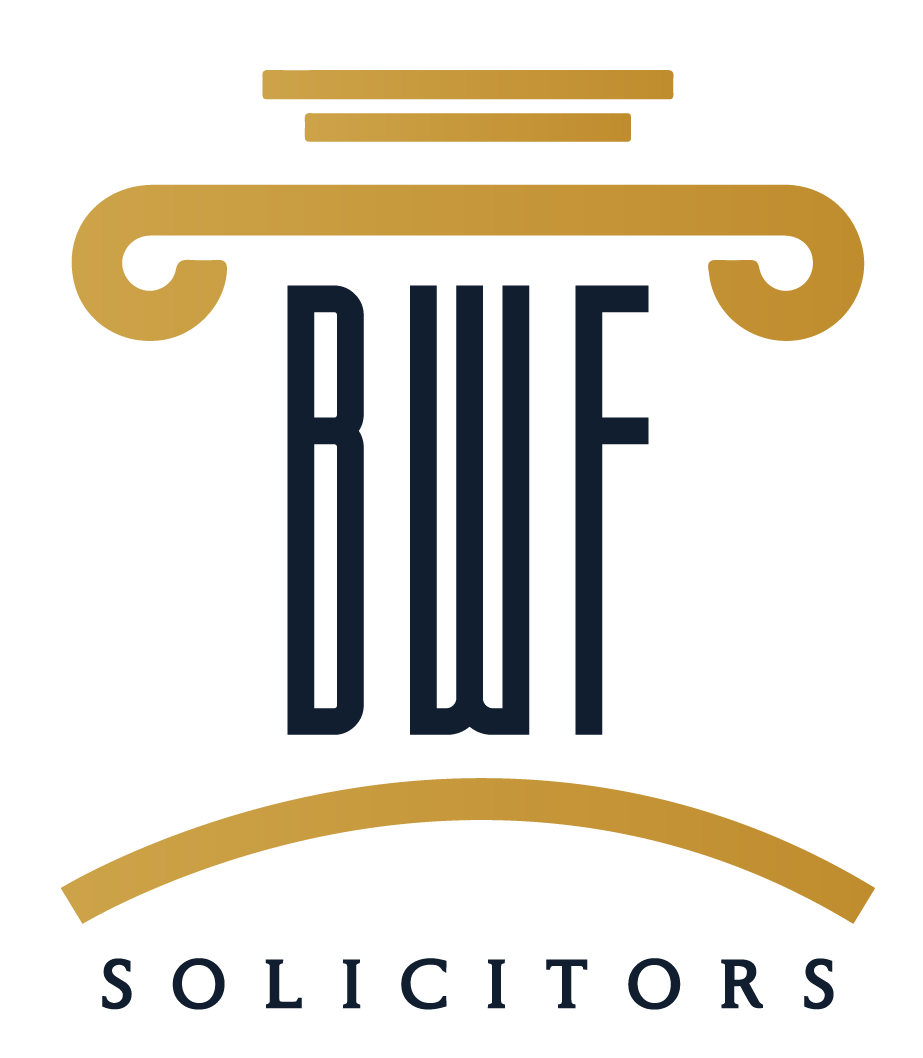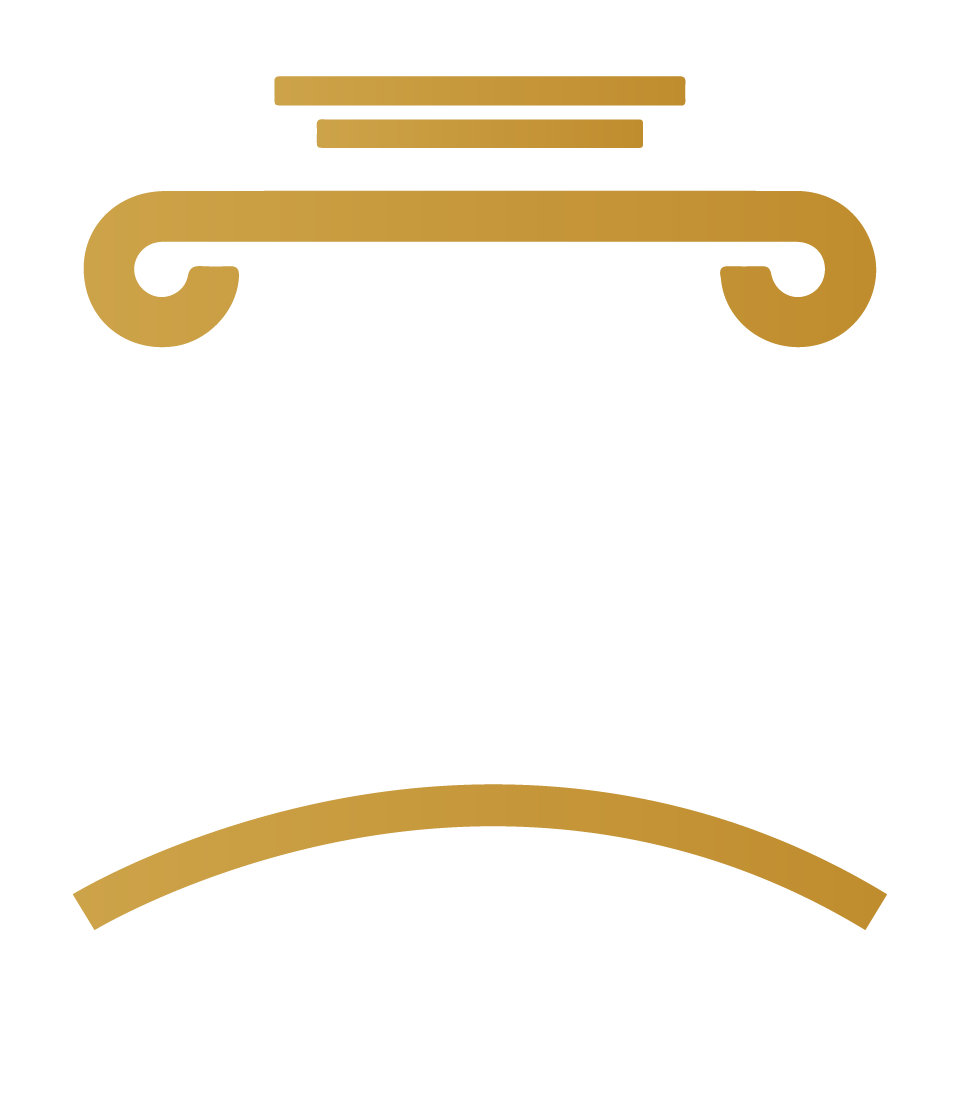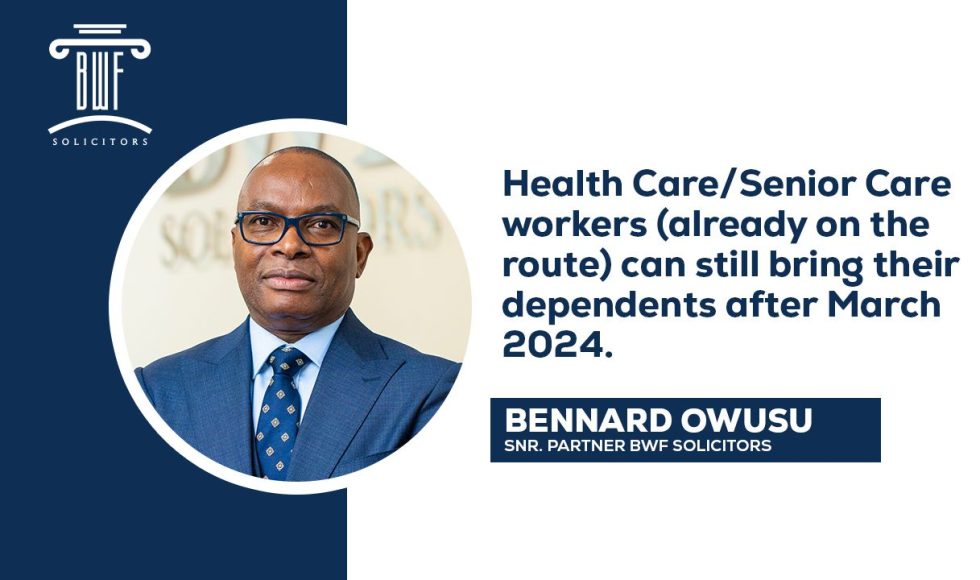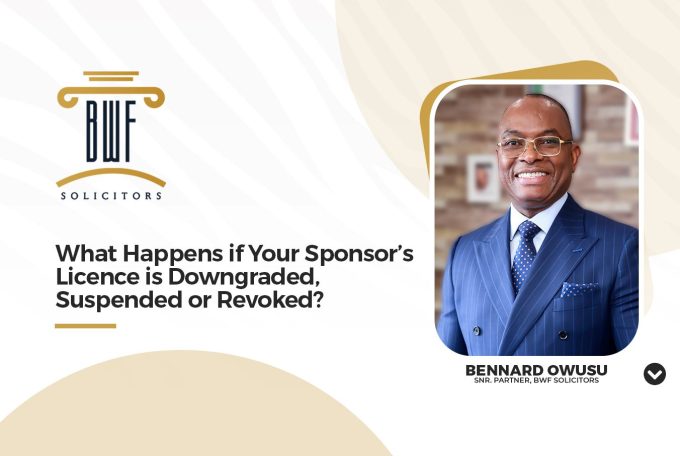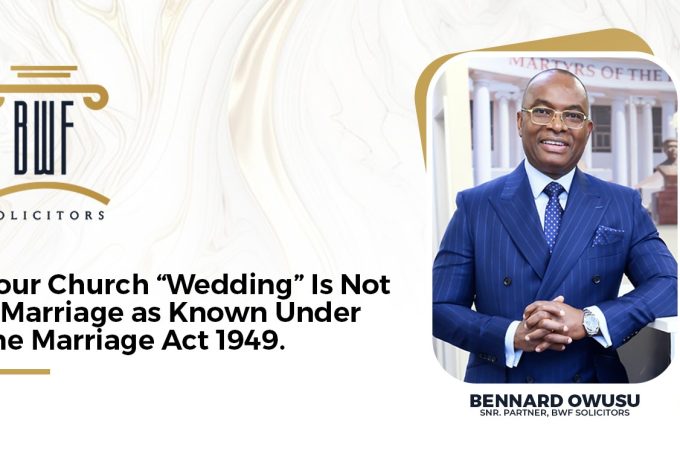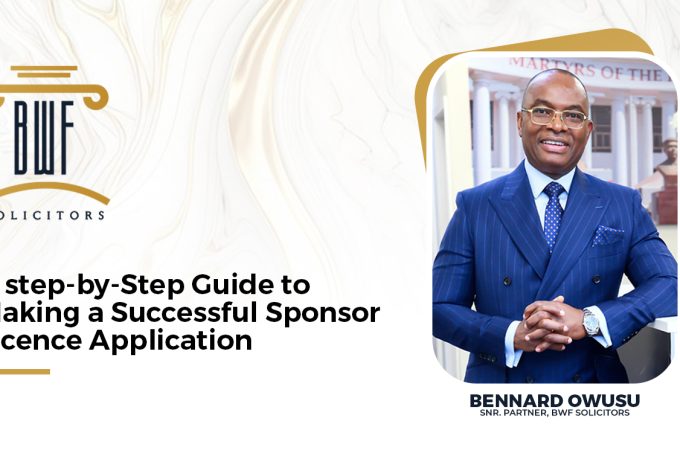The new changes banning care workers from bringing their dependent family members makes an exception for those already on the route before March 11, 2024, to still bring their families after March 11, 2024.
The Home Office has recently unveiled a significant update to its immigration rules in the latest Statement of Changes, HC 556. From March 11, overseas care workers will be stopped from bringing dependents to the UK, a move that has been widely criticised by people across board.
The ban is part of the government’s efforts to reduce migration to the UK, with Home Secretary James Cleverly saying it will help deliver the “biggest-ever cut in migration.
The affected occupation codes are 6145 (care workers and home carers), and 6146 (senior care workers).
In addition, a new requirement has been added for a sponsor to be registered with the Care Quality Commission in order to be able to sponsor care workers. The Care Quality Commission requirement does not apply where a person is applying to extend their leave with the same employer.
In a highly expected change, the relationship requirement, dependent partners and children, will be excluded from joining their skilled worker sponsors under Care codes 6146 (carer) and (6146).
However, exceptions are provided for those who already have entry clearance or permission to stay under the rules in force before March 11, 2024, and who have held permission as a skilled worker in either or both of the relevant occupation codes continuously since then.
We have explained the changes below, noting the relevant sections and the new amendments with hyperlinks.
”STATEMENT OF CHANGES IN IMMIGRATION RULES (publishing.service.gov.uk)
Immigration Rules – Immigration Rules Appendix Skilled Worker – Guidance – GOV.UK (www.gov.uk)
Immigration Rules – Immigration Rules Appendix Children – Guidance – GOV.UK (www.gov.uk)
Eligibility requirements for a dependent partner or dependent child of a Skilled Worker
Relationship requirement for a dependent partner of a Skilled Worker
- SW 29.1. The applicant must be the partner of a person (P) where one of the following applies:
- (a) P has permission on the Skilled Worker route; or
- (b) P is, at the same time, applying for (and is granted) entry clearance or permission on the Skilled Worker route; or
APP SW2. At the start of SW 29.1, for “The applicant”, substitute “Subject to SW 29.1A, the applicant”.
APP SW3. After SW 29.1, insert: “SW 29.1A.
In SW 29.1(a) and (b), P must not have (or be applying for) entry clearance or permission to stay as a Skilled Worker sponsored for a job in the occupation code “6145 Care workers and home carers” or “6146 Senior care workers”,
unless P:
(a) was (or is being) granted entry clearance or permission to stay as a Skilled Worker, sponsored in the occupation code “6145 Care workers and home carers” or “6146 Senior care workers”, under the rules in force before 11 March 2024; and
(b) since the grant of entry clearance or permission to stay in (a), P has continuously had permission as a Skilled Worker, sponsored in either or both these occupation codes (except that where paragraph 39E applies, that period of overstaying will be disregarded).”.
Requirements for a dependent child of a Skilled Worker
- SW 32A.1. The applicant must meet the following requirements for a dependent child in Appendix Children:
- (a) relationship requirement: entry clearance and permission to stay; and
- (b) care requirement; and
- (c) age and independent life requirement.
Relationship Requirement: Entry Clearance and Permission to Stay
- CHI 3.1. Where the application is for entry clearance or permission to stay, the applicant must be the child of a parent (P) where one of the following applies:
- (a) P has permission on the same route the applicant is applying for; or
- (b) P is, at the same time, applying for (and is granted) entry clearance or permission on the same route the applicant is applying for; or
APP SW4. At the start of SW 32A.1, for “The applicant”, substitute “Subject to SW 29.1A, the applicant.”
APP SW5. After SW 32A.1, insert:
“SW 32A.2. In Appendix Children, where CHI 3.1 (a) or (b) refer to the applicant applying as the child of a person (P), P must not be a Skilled Worker sponsored for a job in the occupation code “6145 Care workers and home carers” or “6146 Senior care workers”, unless:
(a) P:
(i) was (or is being) granted entry clearance or permission to stay as a Skilled Worker, sponsored in the occupation code “6145 Care workers and home carers” or “6146 Senior care workers”, under the rules in force before 11 March 2024; and (ii) since the grant of entry clearance or permission to stay in (i), P has continuously had permission as a Skilled Worker, sponsored in either or both of these occupation codes (except that where paragraph 39E applies, that period of overstaying will be disregarded); or
(b) the applicant was born in the UK.”
The above exception is captured using the conjunctive word “unless” after the exclusion clauses. Unless is a conjunction that is commonly used in the English language to introduce a condition or circumstance that must be met in order for a particular action or event to occur. It is often used to express an exception to a general rule.
It follows that the new Statement of changes to the Immigration Rules: HC 556, 19 February 2024, makes exceptions for those on the care and senior care worker routes, or those who applied on the route before March 11, 2024 to continue to bring their dependent partners and children.
Conclusion
The new changes starting from 11 March 2024, therefore only bans new applicants to the route from bringing dependent family members after 11th March 2024.
For expert advice and assistance in relation to a UK visa application as a skilled worker or family member of a British citizen or settled person, contact our specialist lawyers:
UK: +44 20 8493 7340
Ghana: +233 50 462 2794
Emergency: +44 77 1276 1884
Email: admin@bwfsolicitors.com
Website: www.bwfsolicitors.com
or complete our enquiry form below: https://bwfsolicitors.com/consultation/
About the writer:
Bennard Owusu is an accredited member of the Law Society Family Law Accreditation Scheme and a member of the Ghana Bar Association. Family Law Accreditation is a recognised quality standard for family law practitioners in the U.K.

